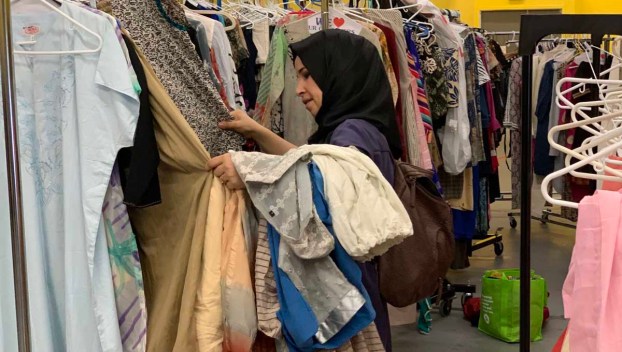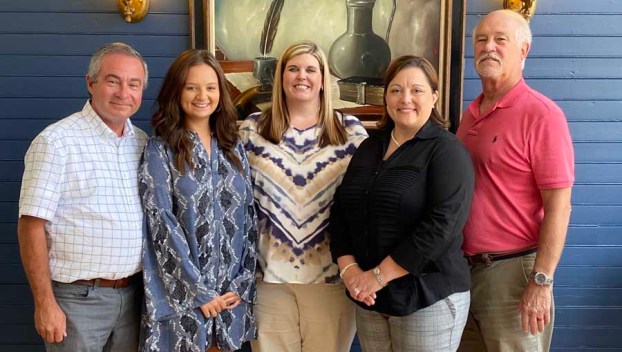
Cnhi Network
Cherokee Nation delegate to Congress awaits U.S. House hearing, ruling
TAHLEQUAH, Oklahoma – In its ongoing bid to ensure the federal government honors a 200-year-old treaty, the nation’s ... Read more

TAHLEQUAH, Oklahoma – In its ongoing bid to ensure the federal government honors a 200-year-old treaty, the nation’s ... Read more

ATLANTA — Moeen Amini lived in constant fear. He worked as an interpreter for the U.S. military in ... Read more

LEEDS — Since the Russian invasion of Ukraine on Feb. 24 Chris Barentz, artist and owner of Awake ... Read more

Thich Nhat Hanh, a humble but deeply powerful Buddhist monk from Vietnam, died on Saturday at 95. Most ... Read more

Crawford Skinner Agency retains its Best Practice status, once again becoming a part of an elite group of ... Read more
At a May 2016 campaign rally in Charleston, West Virginia, Donald Trump, the presumed GOP nominee for president, ... Read more

SPRINGVILLE –Crawford Skinner Agency is part of an elite group of independent insurance agencies around the United States ... Read more

The Pell City Chamber Board of Directors announced that Eve Brittian will assume the role of the Pell ... Read more
The Trump administration intends to slap a 5 percent tariff on every medium-sized car, avocado and other Mexican import beginning June 10, ... Read more

TALLADEGA, Ala. – Talladega Superspeedway fans have made NASCAR’s biggest track a worldwide spectacle since 1969. This weekend’s ... Read more